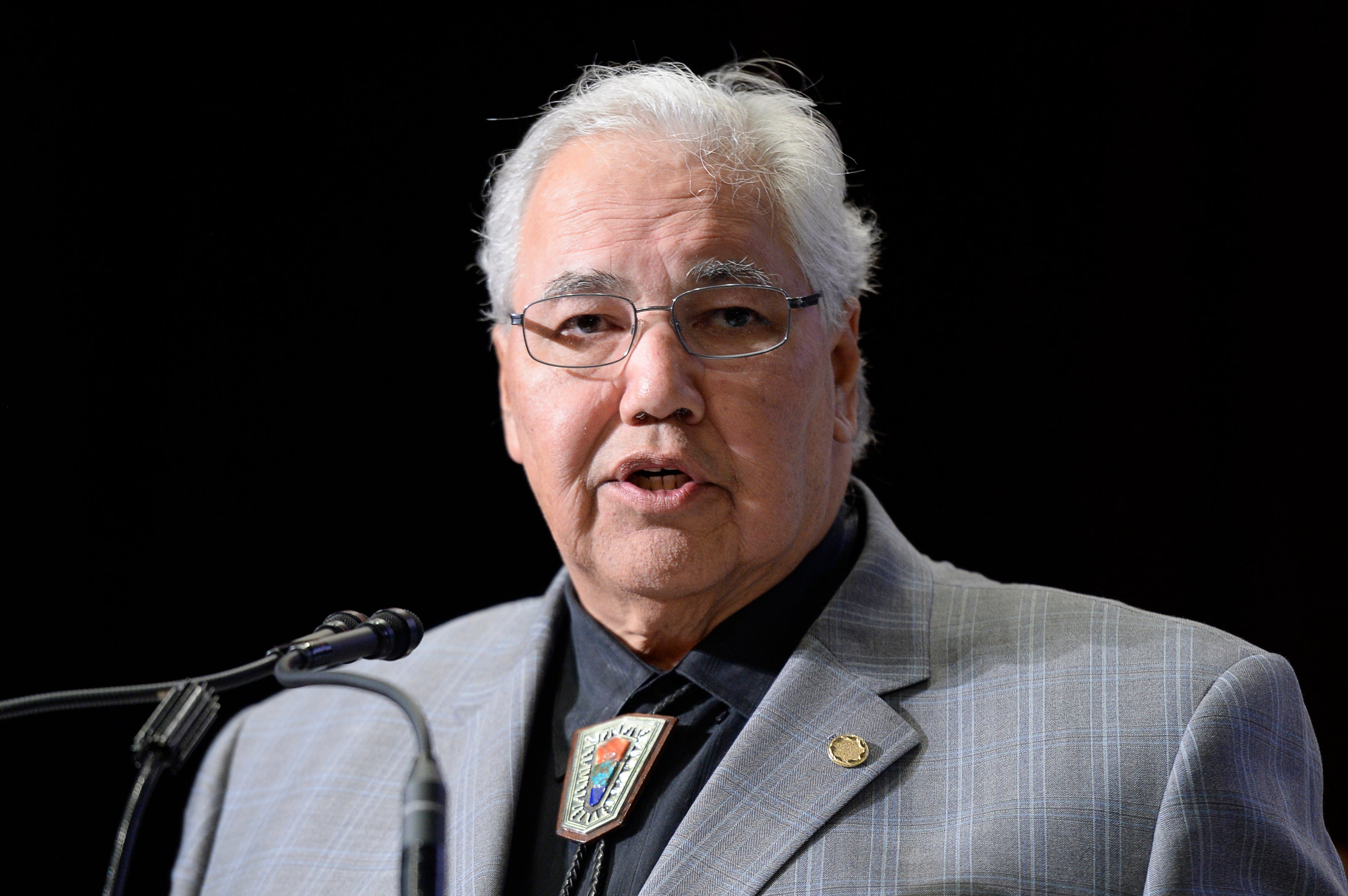Murray Sinclair, First Nation advocate for justice and Canadian senator, has died
Murray Sinclair, a former First Nation judge, senator and chair of the commission that delved into Canada’s troubled history of residential schools for First Nations students, has died

Your support helps us to tell the story
From reproductive rights to climate change to Big Tech, The Independent is on the ground when the story is developing. Whether it's investigating the financials of Elon Musk's pro-Trump PAC or producing our latest documentary, 'The A Word', which shines a light on the American women fighting for reproductive rights, we know how important it is to parse out the facts from the messaging.
At such a critical moment in US history, we need reporters on the ground. Your donation allows us to keep sending journalists to speak to both sides of the story.
The Independent is trusted by Americans across the entire political spectrum. And unlike many other quality news outlets, we choose not to lock Americans out of our reporting and analysis with paywalls. We believe quality journalism should be available to everyone, paid for by those who can afford it.
Your support makes all the difference.Murray Sinclair, a former First Nation judge, senator and chair of the commission that delved into Canada's troubled history of residential schools for First Nations students, has died. He was 73.
The father of five died peacefully Monday morning in a Winnipeg, Manitoba hospital, said a statement from his family.
Sinclair was the first Indigenous judge in Manitoba and the second in Canada. He was also a senator from 2016 to 2021.
In leading the Truth and Reconciliation Commission, he participated in hundreds of hearings across Canada and heard testimony from thousands of people who went to the residential schools.
From the 19th century until the 1970s, more than 150,000 First Nations children were required to attend state-funded Christian schools as part of a program to assimilate them into Canadian society. They were forced to convert to Christianity and not allowed to speak their native languages. Many were beaten and verbally abused, and up to 6,000 are said to have died.
The Canadian government apologized in Parliament in 2008 and admitted that physical and sexual abuse in the schools were rampant. Many students recalled being beaten for speaking their native languages. They also lost touch with their parents and customs.
The commissioners released their final report in 2015, which described what took place at the institutions as cultural genocide.
Murray received the Order of Canada, one of the country's highest honors, in 2022 for dedicating his life to championing Indigenous peoples’ rights and freedoms.
Canadian Prime Minister Justin Trudeau honored Sinclair for his role heading the Truth and Reconciliation Commission. "He challenged us to confront the darkest parts of our history — because he believed we could learn from them, and be better for it,” Trudeau said.
Born in 1951, Sinclair was raised on the former St. Peter’s Indian Reserve north of Winnipeg. He was a member of Peguis First Nation. In 1979, Sinclair graduated law school at the University of Manitoba.
In all, he spent 28 years as a judge.
In his memoir, Sinclair described living with congestive heart failure. He had been in hospital for the last few months.